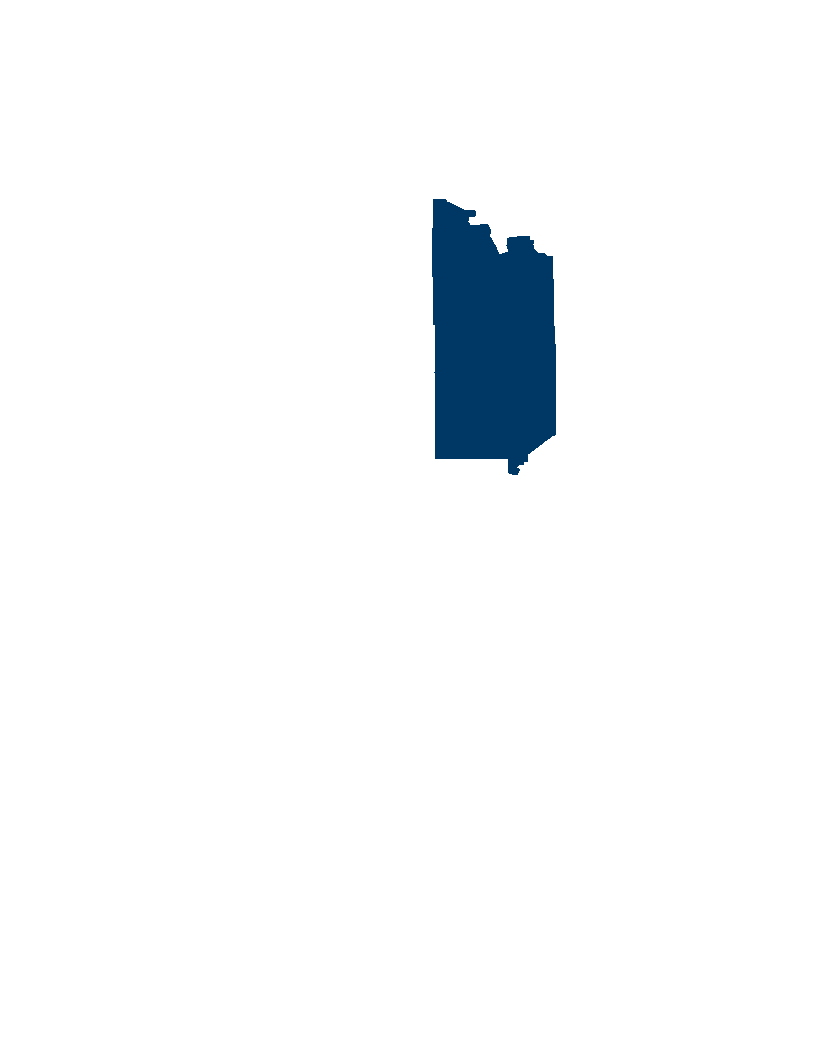Operating Support Grant
Operating Support Grant
We intend to use the funds to assist with annual rent expense for our fiber studio facility.
Kathy Neff: musician, Director, Fine Arts Academy at the University of Minnesota-Duluth; Emily Swanson: arts administrator at Oldenburg Arts and Cultural Community; Kris Nelson: artist, teacher; Roxann Berglund: musician; Bill Payne: Professor of Theater at the University of Minnesota-Duluth; Sam Zimmerman: visual artist, teacher; Liz Engelman: dramaturg, founder and director of Tofte Lake Center; Jessica Peterson: essayist, playwright, co-founder of Yellow Tree Theater; Erin Cain: University of Minnesota-Duluth Student Liaison
Kathy Neff: musician, Director, Fine Arts Academy at the University of Minnesota-Duluth; Kris Nelson: artist, teacher; Bill Payne: Professor of Theater at the University of Minnesota-Duluth; Erin Cain: University of Minnesota-Duluth Student Liaison
ACHF Arts Access ACHF Arts Education ACHF Cultural Heritage
During the Covid shutdown, our board used this time to conduct strategic planning. The board used information from member surveys to understand they key priorities and interests of the membership. This information helped to inform the strategic planning process. The board also conducted a visioning process to define our goals and reaffirm our mission and vision. This effort resulted in a five-year strategic plan with four key goals: 1) retain, increase, and diversify membership, 2) develop new and strengthen existing partnerships to increase the Guild's visibility and to expand outreach, 3) create and maintain a gathering space for socialization, experimentation, and education with fiber, and 4) secure and maintain resources to support the Guild's mission. The Guild continues to implement surveys and use evaluation and feedback forms to improve our policies, programming, and to better implement our goals. The Guild typically implements a membership survey on a frequency of every 1-2 years, or as needed. Sometimes these surveys are targeted to a specific need or aspect of programming, e.g. a survey asking members about what educational opportunities they would like to see the Guild offer. Other surveys are larger in scope and are intended to assess to what degree the Guild is achieving its mission and goals via the current activities and programming. One of these broader membership surveys is currently in development. There are also specific opportunities to provide feedback after major events, such as after a fundraising sale, with the purpose of obtaining feedback from members that will ensure future events will be even more successful. The education committee is also working on developing evaluation forms for classes offered by the Guild. In addition, as part of the implementation plan for the strategic plan, the board committed to reviewing goals, assessing progress, and adjusting as needed, and also committed to providing updates to the membership at the annual meeting. The annual meeting is the primary business meeting where the board and the general membership discuss key priorities for the membership, and the membership provides direction to the board.The extent to which the Guild's services and programs are approachable and available to a broad public audience is currently difficult to assess. Because of Covid, our ability to conduct regular programming, conduct outreach activities, or to increase our visibility in the community was severely restricted, and we have only recently begun to implement some of our core outreach activities. The board is currently working on outreach and education opportunities associated with our 50th anniversary activities scheduled for 2023. These activities will include classes and workshops, exhibitions of fiber art in local and regional galleries, and associated programming. The Guild tries to participate in community events like the Harvest Fest in order to reach a broader audience. Demonstrations of fiber arts activities at these events and at Guild-hosted events such as our fiber fair and sale and our rummage sale are also intended to introduce the community to fiber arts and to solicit participation in an approachable manner. We also strive to offer low or no cost opportunities to participate in fiber arts activities. One example is our ?Redo and Renew? study group, which is dedicated to upcycling fibers and fabrics as a low-cost, first step for those wanting to learn about fiber techniques while reducing the problem of textile waste. An upcoming membership survey will also solicit feedback from members on other opportunities to provide services and programs. In general, the Guild's services and programs provide a public benefit to Minnesota by being the primary fiber arts resource in northern Minnesota. We offer classes, artist services, and programming that is open to the community. Many of these opportunities are not available elsewhere in the state outside of the metro area.
